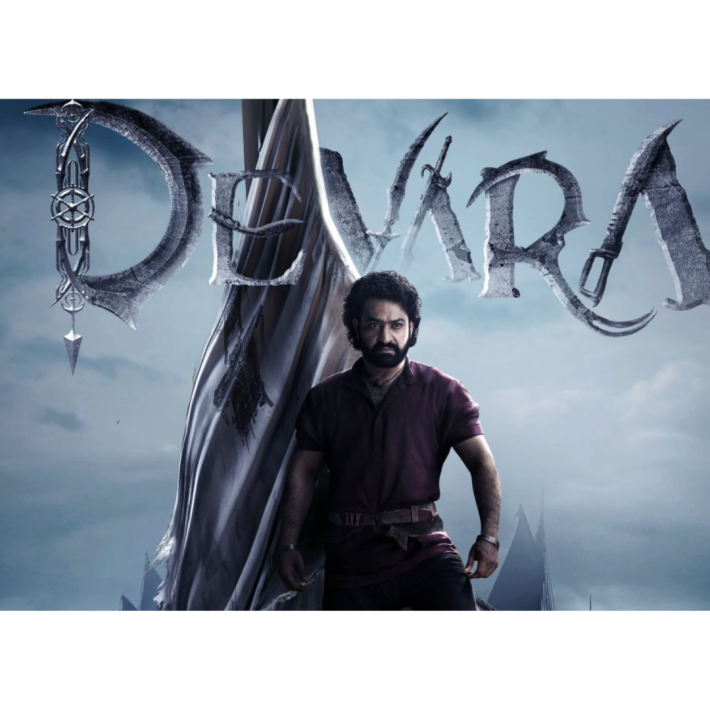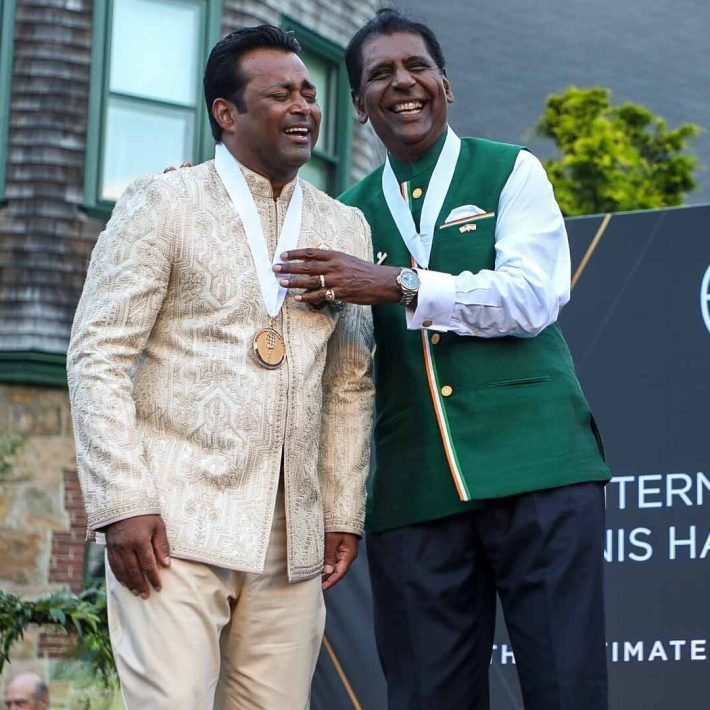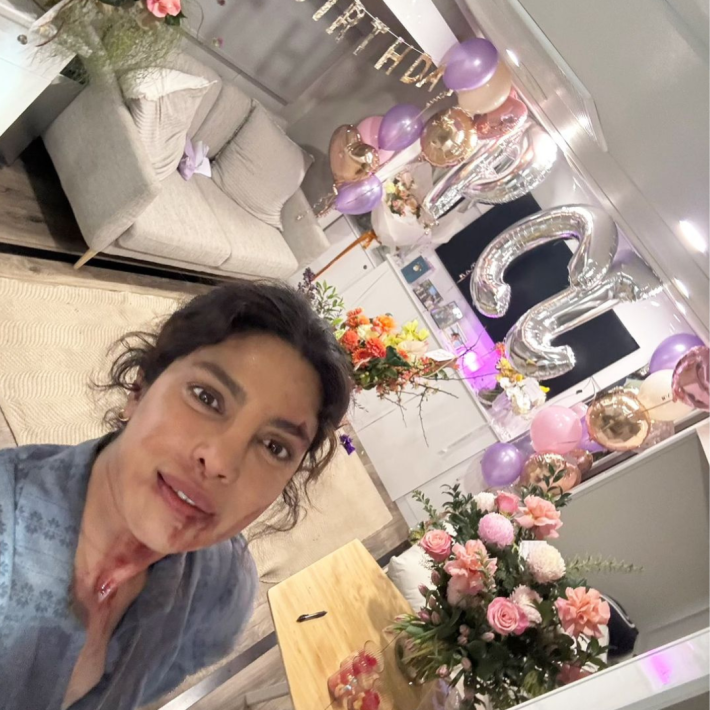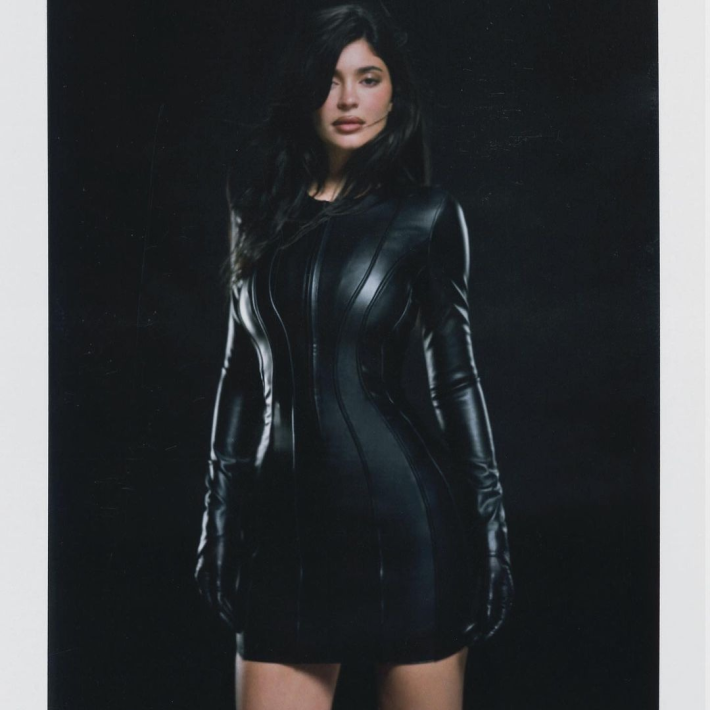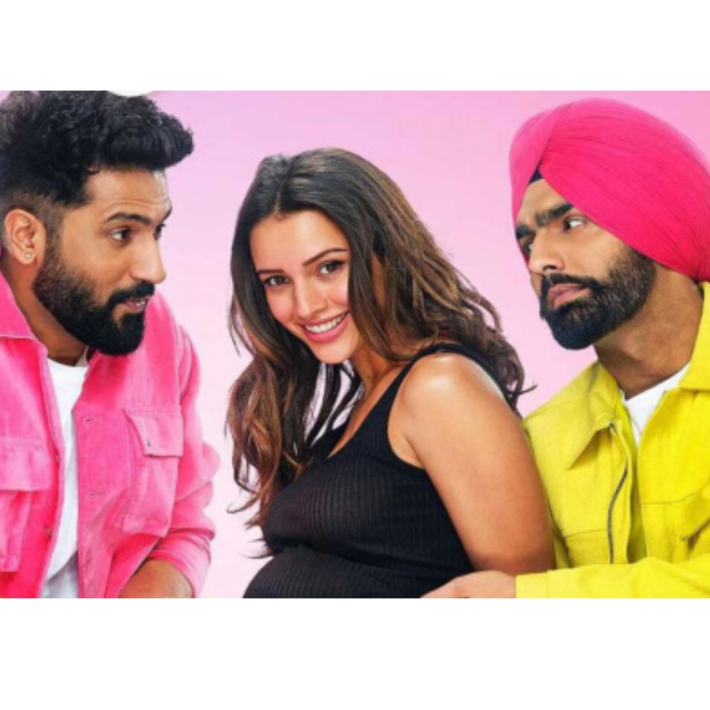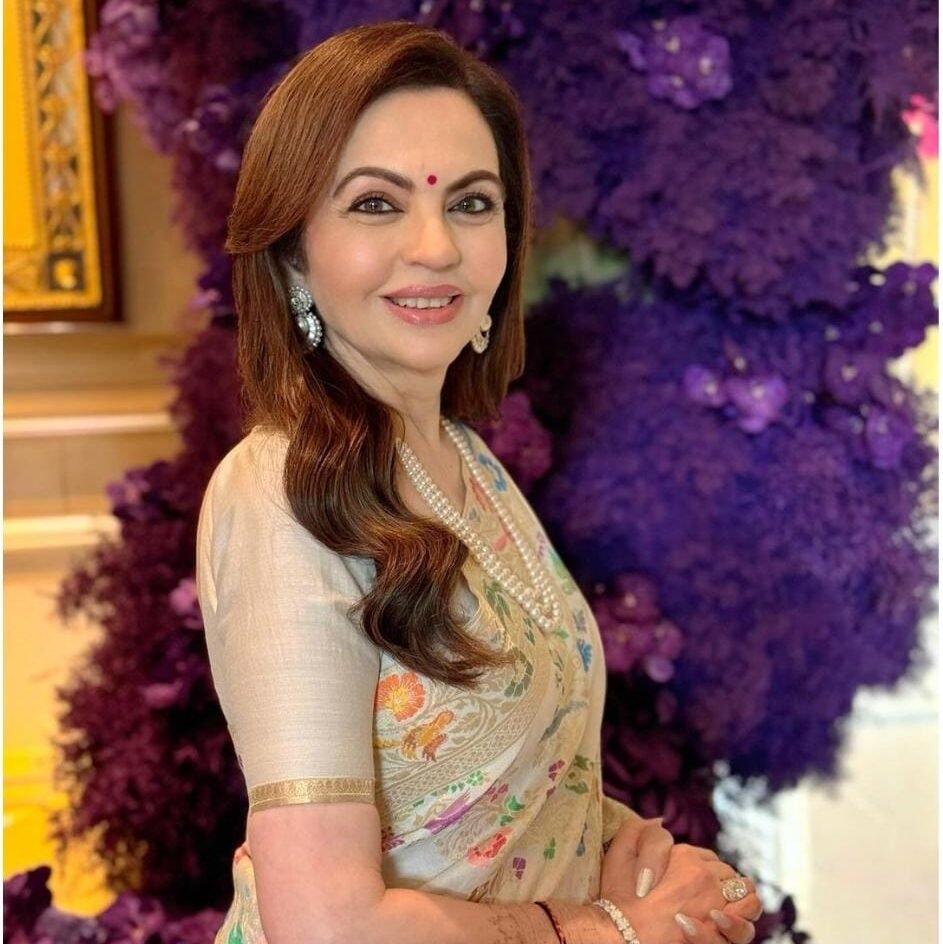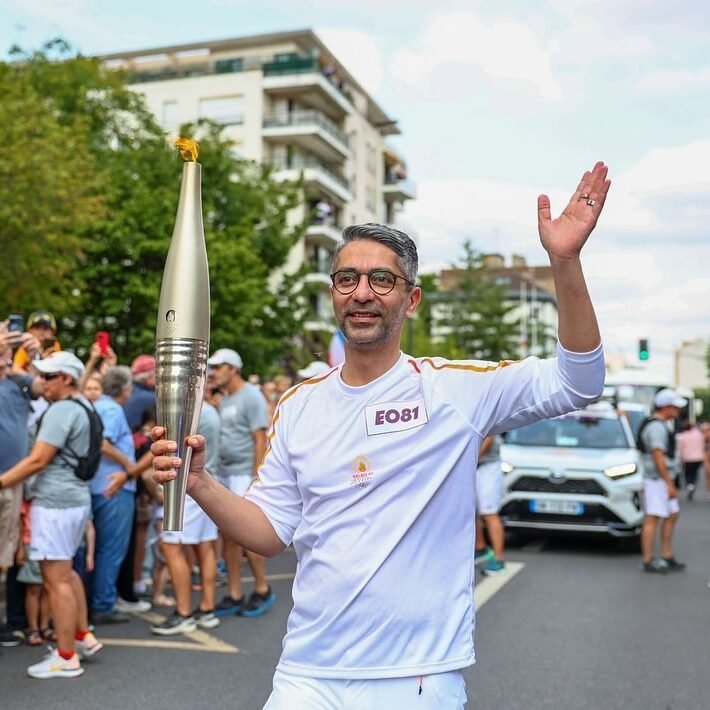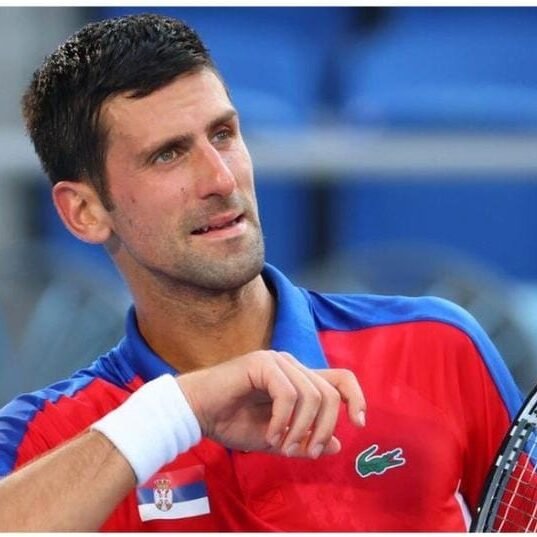A whopping 47 years in the industry, National award-winning music composer Anu Malik has seen the highs and survived the storms. He cites music as his raison d’etre, his calling, his salvation.
By Nichola Marie
What are you looking forward to in 2024?
I am actually looking forward to giving more music. When I say more music, I mean my style of music which people have been missing. And hopefully, I have started that; I’ve just released a single which has done very well, followed by another, from Zee Music. It is music that harks back to my melody. People have started feeling that the real original melodies I am known for are back. I want to create more songs that could be hummed by you, by everybody in this country and everywhere.
As far as films are concerned, I have to pick and choose but there is one story which I’ve heard, which I loved immensely. I cannot tell you more now as they would prefer to announce it themselves, but it’s something I’ve already been working on.

On a personal level, as time passes, I look forward to doing more for society, which has given me so much in terms of my name and the love of the people of India which has made me what I am. I’m also looking forward to ticking things off my bucket list, like travelling and discovering the beautiful interiors of our country. I also look forward to spending more time with my wife and two daughters. After 47 years of hardcore work, I deserve that but the work won’t stop!
What are some of the highlights of your successful career over close to 50 years?
When I look back, so many moments flood my thoughts and mind… Signing my first big film with Amitabh Bachchan when I was just 19 or 20; recording songs with greats like Mohammed Rafi sa’hab, Kishore Kumar, Lata Mangeshkar, Ashaji and Mannada. Rehearsing songs with Bachchan, Shah Rukh, working with stars like Salman, Akshay, and making them sing. Doing shows all over the world… these are moments that don’t leave you. Recording the songs for ‘Border’ (1997), which have gone down in the annals of history and are played and sung every Independence Day and Republic Day. Getting my first National Award for ‘Refugee’ (2000). My song ‘Moh Moh Ke Dhaage’ from ‘Dum Lagake Haisha’ (2015) winning two National Awards for playback singer and lyricist, when people thought I didn’t have it in me anymore. The birth of my two daughters — Anmol and Ada — is very special. The most important is that I am working and have had the chance to work with brilliant directors like Rajkumar Hirani, Mahesh Bhatt, J P Dutta; right from Manmohan Desai to Sharat Katariya. It has been a long journey, but I still feel I have a lot to offer in terms of my music. I haven’t been tapped the way I should be. I’m looking forward to more scripts, God willing.
Son of yesteryear’s music composer Sardar Malik, how much was music a part of your upbringing?
I was born into a musical family, and then, of course, my dad used to hum tunes, and the music seeped into me. But I’ve not learnt music per se; I’m more of a natural musician. I would thank Saraswati Ma for the talent she bestowed on me; composing music comes naturally to me. Like my dad used to say, ‘Give Anu a piece of newspaper and he starts composing a tune’. Even as I’m speaking to you, I’m humming a song in my head. So, I’m grateful that I can make people smile through my songs and make them happy in some way. People point out that alongside composing for films like ‘Asoka’ (2001), ‘Aks’ (2001) and ‘Filhaal’ (2002), I’ve also given songs like ‘Ek Garam Chai Ki Pyali Ho’ and ‘Oonchi Hai Building’. It makes me happy to know that I’ve been a little versatile and that gives me a high.

Coming to my dad’s talent, I simply can’t compare myself to him. He was too much of a genius and he did not get his due. Maybe that was one of the reasons that egged me on to come up in life. Dad was supremely talented. If I made 5,000 songs, he may have made 300 songs, but every single one of them is worth its weight in gold.
Beginning your career in 1975 for ‘Hunterwarli 77’, what were the factors that helped you establish yourself?
Sometimes there’s a feeling that you’re born for something, there is a calling, as if God says ‘I’ve given you this talent, go out there in the world and project yourself strongly’. You have to ask yourself this question: What can I do and what can’t I do? When I came in, there were supremely talented composers like Kalyanji-Anandji, and R D Burman ruling the roost. I struggled hard to get even a single film. And that made me strong, and also made me realise that this is what I can do. I wanted to be a composer and a singer, and I never deviated from it. It is what has made me survive all these years. Today, there are many people who do many things at the same time; good for them. What is helping me is that I stuck to what I do – my music. At 24, I was being encouraged to become an actor. I locked myself in the bathroom at home and recited a romantic dialogue in front of the mirror, and I burst out laughing so hard watching myself, everyone at home wondered what had happened! Then I ran straight to our music room, and started composing tunes. I realised this was something I could do, which the others couldn’t.

There will be pitfalls, sometimes the Gods will smile on you, sometimes they won’t, but you have to keep going, and without being vindictive. One good thing about me is that I don’t have a mean bone in my body. I literally don’t hate anyone because I feel that music does not come from a place of hate; it comes if you’re happy within yourself.
How did you adapt to the many trends in music?

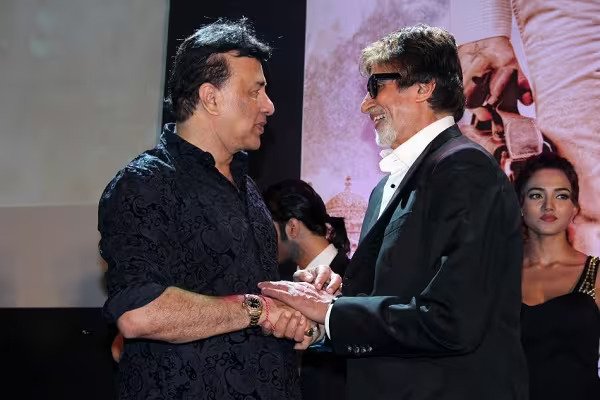
There was a time when we worked on a 100-piece orchestra. Over the years, things kept changing. Panchamda, of course, was a pioneer in changing sound when we were young. Many composers came in, who started changing the template of music, and trying to create an unheard of melody. Technological advancements kept coming into music and I kept learning. I started working with a generation that knew this stuff. I didn’t run away from technology or something new. If you don’t change with what is changing around you, you are left behind or you wallow in self-pity. There is someone out there who is much better than you. Now, how do you survive that? You survive by learning new perspectives from others and then coming out with something that they can’t do. When I came out with ‘Moh Moh Ke Dhaage’, it was a surreal moment when the young composer Amit Trivedi called me to say how much he loved it. When you learn from all these talented guys, when you learn technology, you can be a part of it. This is what I have been doing all along.
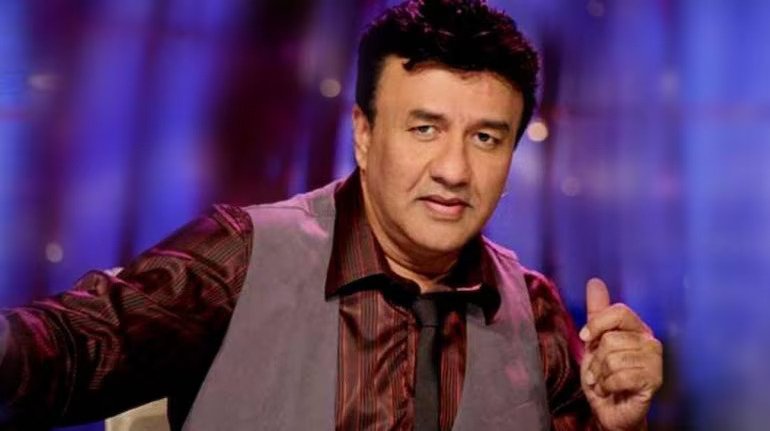
Winning the Silver Lotus (National Film Award) for best music direction for ‘Refugee’ (2000), as well as multiple popular awards, was it a vindication of your talent given the criticism and allegations of plagiarism?
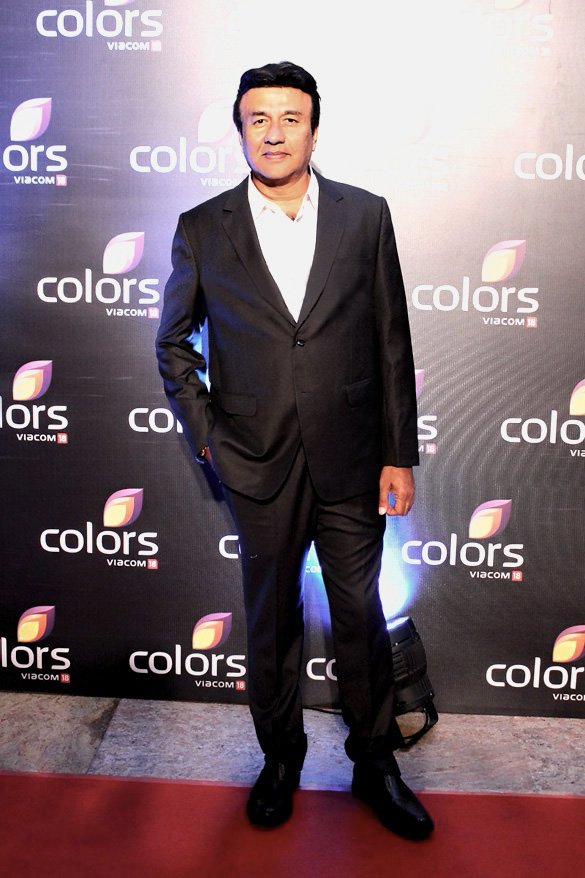
Criticism is par for the course; they never left Panchamda and so many greats! As I always say, you can love me or hate me, but you cannot ignore me because Anu Malik is all around you! You have to rise above it. Barbra Streisand, one of the greatest actor-singers, said, sometimes people criticise you to offset their own failures in life. So, you don’t have to take it seriously. You have got to keep on working. Coming to winning the National Award, J P Dutta had said that people didn’t know the real Anu Malik, which is why they criticised me and he was determined to showcase my real talent by giving me the chance to compose for ‘Border’ (1997), ‘Refugee’ (2000), and ‘LoC Kargil’ (2003). I am a great lover of our country and composed many patriotic numbers which became very popular. Post the award, people around me started to look at me differently. My parents had come to witness the award ceremony. My father, not very demonstrative, gave me a quiet hug. It was his victory.

You have also seen your share of personal and professional challenges.
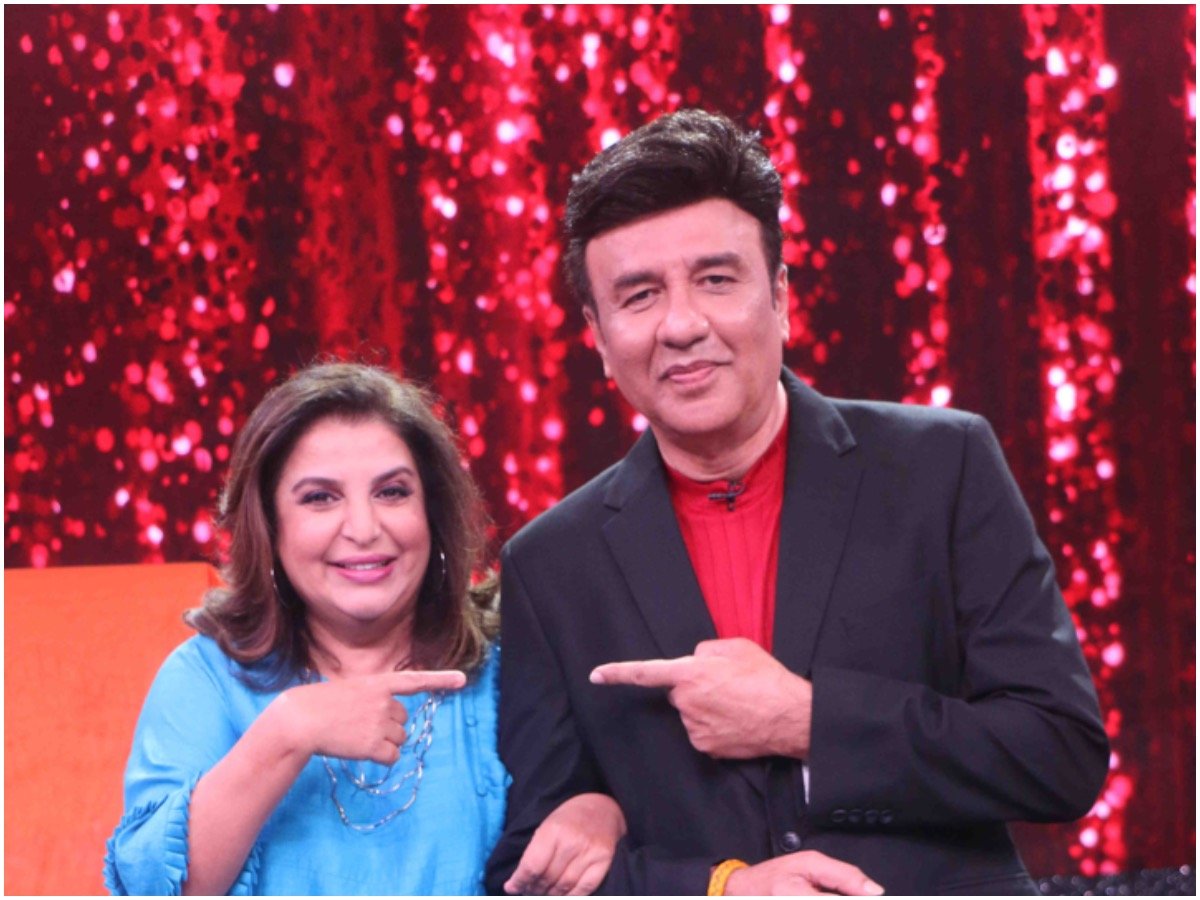
When times are difficult, you have to believe in God and also have faith in yourself. To be honest, I could never have gotten out of those terrible times, if not for my wife and my two daughters. And I always went back to the music. When times were tough and I didn’t have any films in hand, I went back to my music, started composing, getting up at 3.30 in the morning, creating songs. I’m grateful to God that I have music in me, it really helps; it’s therapy. Prayers help. And when a producer knocks on your door and says, ‘Let’s work together’, that’s a magical feeling!


